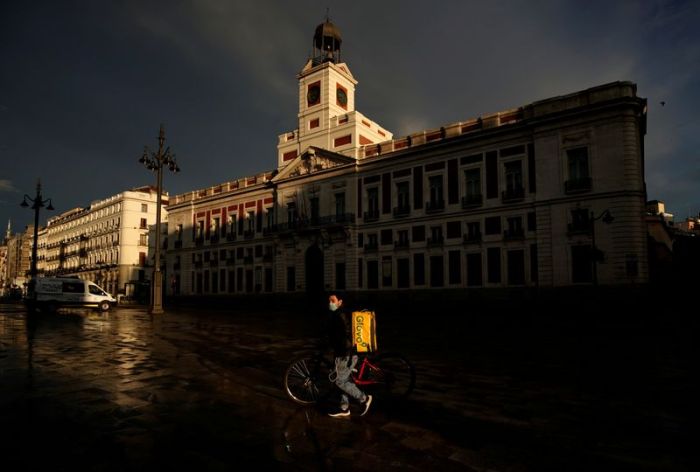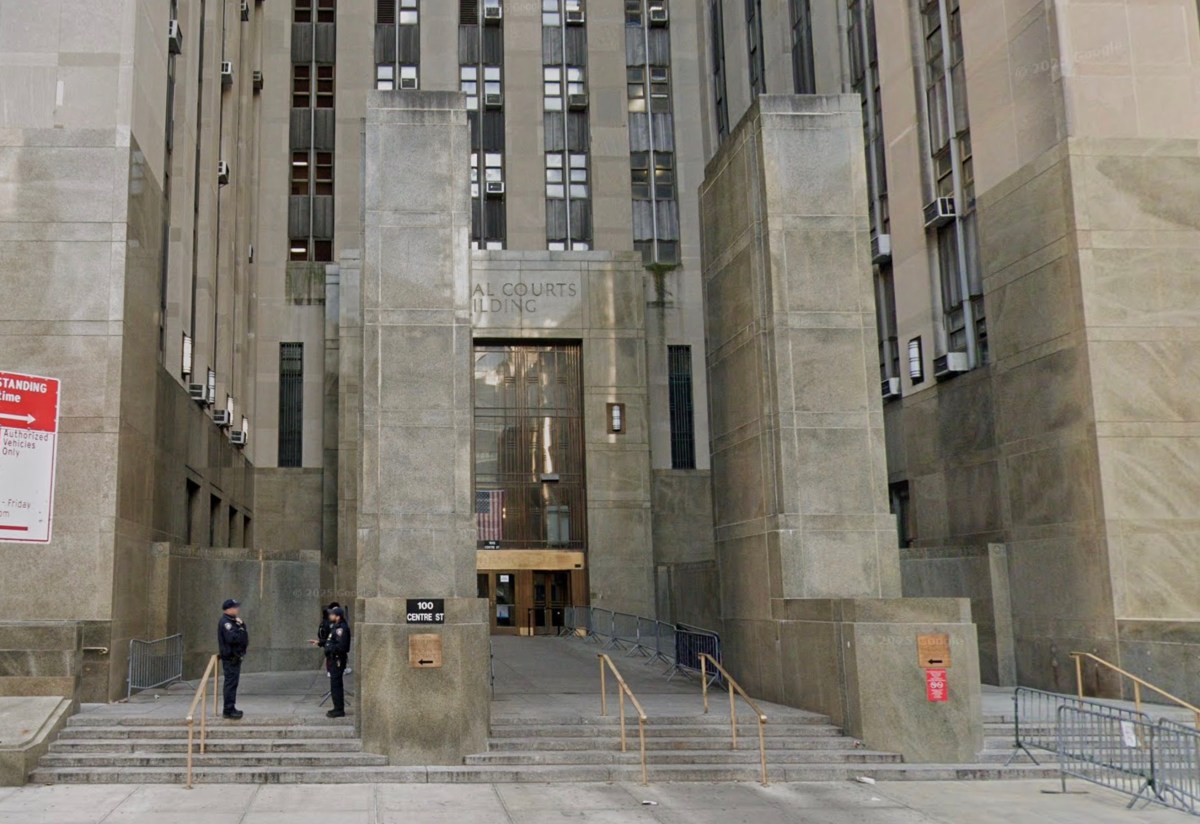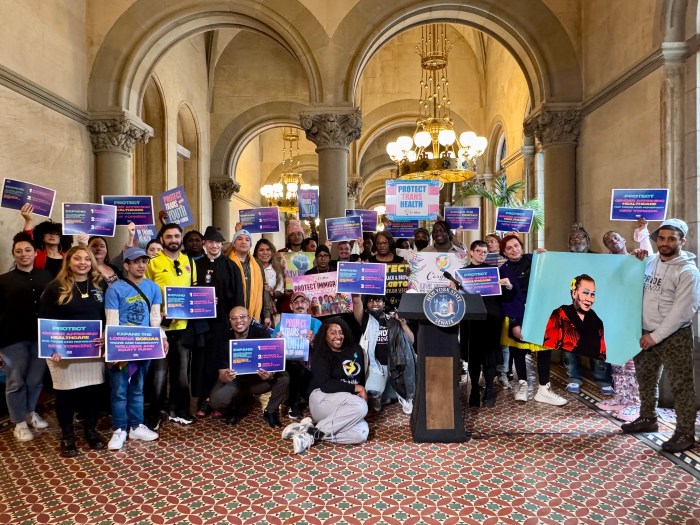JAKARTA (Reuters) – Indonesia will ban its traditional annual exodus by people streaming out of cities at the end of the Muslim fasting month of Ramadan, as the Southeast Asian nation looks to curb the spread of coronavirus, President Joko Widodo said on Tuesday.
Indonesia’s tally of 616 virus deaths is the highest in East Asia after China, but Widodo had previously resisted a ban, seeking instead to persuade people to stay put.
But health experts had warned that allowing millions in the world’s biggest Muslim-majority country to travel to homes in towns and villages over Ramadan, which starts this week, could accelerate the spread of the disease.
“I have taken the decision that we will ban ‘mudik,'” Widodo told a cabinet meeting, using the Indonesian term for the journey. “That is why the relevant preparation needs to be done.”
He cited an online survey by the transport ministry that showed 24% of respondents insistent on joining the exodus.
Last year, about 19.5 million people in the archipelago of more than 260 million people made the journey, the government says, and Widodo added that 7% of Indonesians had already set out this year.
The ban takes effect on Friday, with restricted access to Jakarta, the capital, and cities grappling with virus outbreaks, said Luhut Pandjaitan, the coordinating minister of maritime and investment affairs.
“BETTER LATE THAN NEVER”
Ganjar Pranowo, the governor of Central Java, welcomed the ban, but added that more than 500,000 people had already arrived in his province.
“It’s better late than never,” he told Reuters.
In a study last week, researchers at the University of Indonesia’s public health faculty warned that if the exodus home were permitted, it could lead to a million infections by July on the most populous island of Java, home to Jakarta.
Without the exodus, that figure could be cut to 750,000 cases, the researchers said.
However, the ban was not too late, as the outflow was expected during Ramadan, which starts later this week, said Pandu Riono, one of the researchers.
Preventing people’s travel would be tough, given their “fatigue from being locked up” by the extensive curbs, said Jeje Zaenudin, deputy chairman of the mainstream Islamic Union.
The world’s fourth most populous country has recorded 7,135 virus infections for southeast Asia’s second highest tally after the neighbouring city state of Singapore, though some estimates put the figure far higher.
(Interactive graphic tracking global spread of coronavirus: open https://tmsnrt.rs/3aIRuz7 in an external browser)
(Writing by Stanley Widianto; Editing by Ed Davies and Clarence Fernandez)

























